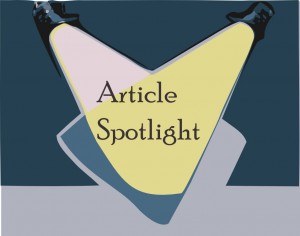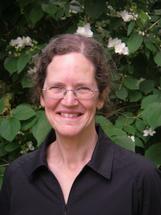 Read on for Article Spotlights from the SEN Archives focusing on recent SEN News Bites. Here we focus on diaspora nationalism and processes of ‘othering’ in response to immigration.
Read on for Article Spotlights from the SEN Archives focusing on recent SEN News Bites. Here we focus on diaspora nationalism and processes of ‘othering’ in response to immigration.
Giorgio Shani’s article deals with diaspora Sikh nationalism, and the degree to which the concept of a territorial Sikh homeland is a diasporic ‘invention’.
Giorgio Shani, The Territorialization of Identity: Sikh Nationalism in the Diaspora, Volume 2, Issue 1, 2002, pp. 11-19.
This article seeks to examine Sikh nationalism in the diaspora. It will be argued that Sikh diaspora nationalism is concerned with instilling a sense of the global unity of all Sikhs through an involvement in the politics of the homeland. This is achieved through the articulation of a Sikh nationalist discourse disseminated through the internet for consumption by the diaspora.
Professor John Hutchinson’s essay focuses on the Irish community in London between the turn of the twentieth century and the achievement of Irish independence.
John Hutchinson, Diaspora Dilemmas and Shifting Allegiances: The Irish in London between Nationalism, Catholicism and Labourism (1900–22), Volume 10, Issue 1, 2010, pp. 107-125.
Focused on the London Irish, this article discusses the diasporic dilemmas of Irish Catholics in England who oscillated between four claims to loyalty in the early twentieth century. Liberals and later the labour movement sought to mobilise them for radical political and socialist goals; the Catholic Church to support religious education against secularist threats; a homeland nationalism to advance the prospects of Irish parliamentary autonomy; and a diasporic nationalism to defend their ethnic interests in England. These pressures peaked during the First World War and the Irish War of Independence. The overall effect of this nationalist mobilisation may have been to advance their integration into English social and political institutions.
Adrienne Kochman’s piece deals with the role of Ukrainian museums in producing a ‘culturally authentic history of Ukraine’, focusing in particular on the United States.
Adrienne Kochman, The Role of Ukrainian Museums in the United States Diaspora in Nationalising Ukrainian Identity, Volume 8, Issue 2, 2008, pp. 207-229.
Ukrainian museums in the United States diaspora have attempted to construct a culturally authentic history outside Ukraine itself where, for the better part of the twentieth century, Ukrainian artistic endeavors were defined within a russified Soviet framework. Established largely by third wave post-World War II Ukrainian immigrants interested in seeing an independent Ukraine, these museums have been a symbolic testament to democratic self-definition. A separate Ukraine pavilion at the Century of Progress Exposition in Chicago of 1933 set an earlier precedent in its representation of Ukraine as an autonomous nation. This affirmed later permanent museums which collected indigenous Ukrainian folk art and artifacts as well as modern art – created by native Ukrainians and those of the diaspora – in opposition to the official Soviet Socialist Realist canon. Ukrainian independence in 1991 and increased national awareness after 2004 elections realigned these museums’ mission from a cultural refuge to active participants in the new nation-building process.
Article Spotlights compiled by Dr Shane Nagle.

